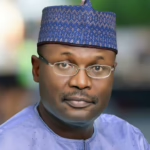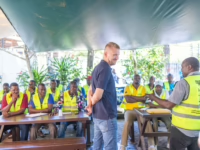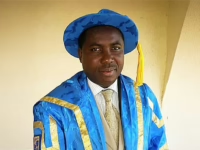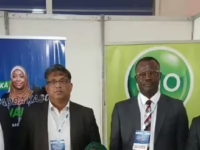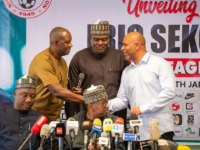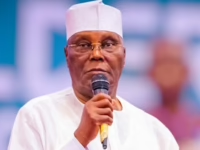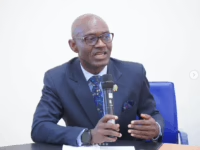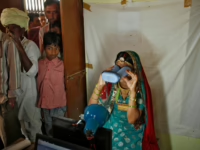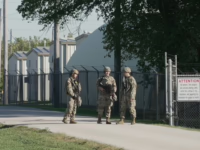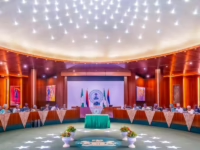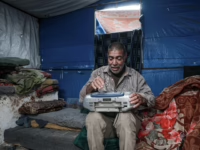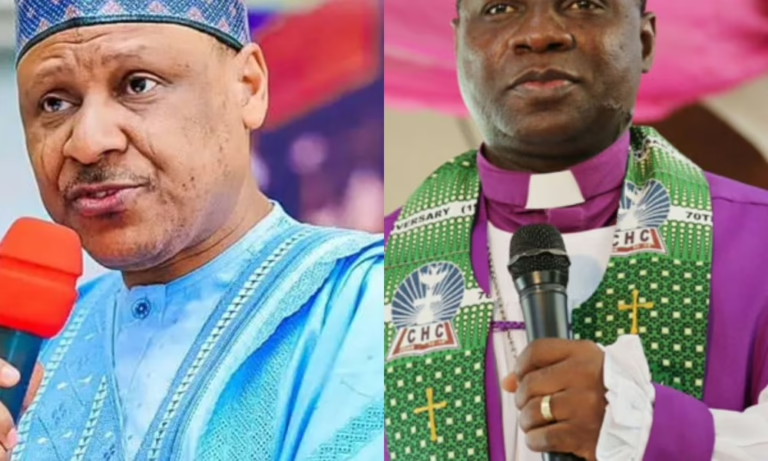The Nigerian Federal Government has categorically rejected recent accusations made by U.S. Senator Ted Cruz, who claimed that Nigerian authorities are complicit in a genocide targeting Christians and responsible for the destruction of thousands of churches.
In a statement released on Wednesday, the Minister of Information and National Orientation, Mohammed Idris, described these allegations as “unfounded, exaggerated, and disconnected from the truth.”
Conversely, the Christian Association of Nigeria (CAN), through a statement signed by its President, Archbishop Daniel Okoh, acknowledged the severe impact of violent attacks on Christian communities, especially in northern Nigeria, which have resulted in significant loss of life and damage to places of worship.
During an interview with Fox News Digital, Senator Cruz asserted that since 2009, over 52,000 Christians have been killed in Nigeria, with more than 20,000 churches and Christian educational institutions destroyed. He also introduced the Nigeria Religious Freedom Accountability Act, a bill aimed at imposing sanctions on Nigerian officials allegedly involved in nigeria–government-denies-religious-genocide-claims/” title=”FG Denounces Allegations of Religious Genocide in …: Setting the Record Straight”>religious persecution.
Minister Idris strongly denied any involvement of Nigerian officials in religious violence, emphasizing that no government representative would intentionally support extremist groups targeting any faith. “The figures cited-52,000 Christian deaths and 20,000 churches burned-are baseless and lack credible evidence,” he stated through his media representative.
He reiterated Nigeria’s dedication to religious freedom and national unity, highlighting the country’s identity as a “multi-faith nation” with a longstanding tradition of peaceful coexistence among Christians, Muslims, and other religious groups.
“Extremist violence has impacted both Christian and Muslim communities across various regions,” the minister added. “It is misleading and incorrect to suggest there is a deliberate campaign to annihilate Christians.”
Idris assured both domestic and international audiences that Nigerian security forces are actively engaged in combating terrorism and criminal activities impartially and without discrimination.
In contrast, Archbishop Okoh’s statement, titled “Christian Genocide – CAN Clarifies Position,” emphasized that Nigeria’s path to healing lies not in denial or finger-pointing but in collective courage-facing failures honestly, mourning losses together, and rebuilding trust within communities.
CAN has consistently documented cases of religiously motivated violence, communicated with the International Criminal Court, and collaborated with global Christian organizations to raise awareness about the challenges facing Christians in Nigeria.
“The suffering endured by Christian families affected by violence should never be reduced to mere numbers,” Okoh stressed, calling on the government to take transparent and decisive action to safeguard all citizens and hold perpetrators accountable.
While recognizing government initiatives to tackle insecurity, CAN urged a renewed and intensified commitment to ensuring fair protection for everyone, underscoring that only through justice and empathy can lasting peace and unity be achieved nationwide.


